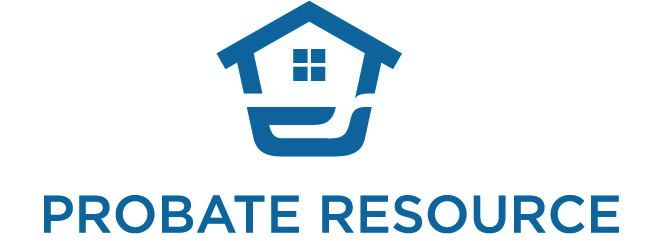If you inherit a home where other people live, you have several options to ensure everyone’s housing needs get met.
One of the most challenging situations that may happen is inheriting a property with tenants. You may not want to serve as a landlord and prefer to sell the property, but at the same time you don’t want to leave roommates, live-in aides, or renters scrambling to find a new place to live with little warning. Fortunately, you have multiple options available to strike the right balance for your situation.
Option 1: Becoming a Landlord
If you find yourself in the possession of a property with tenants, you may decide it best to continue ownership as a landlord rather than parting with it. Any executor considering taking on a landlord position should know that it’s an active role; doing the job properly involves more than picking up rent once a month and cashing checks. You’ll also have to contend with the following:
- Property taxes
- Profit taxes
- Maintenance
- Staffing
- Landscaping and groundskeeping
- Municipal utility bills
- Parking and security protocols
- Contracts, including which rules to include
- Advertising vacancies
- Which amenities to offer
- Tax deductions for landlords
- Tenant cooperation and relationships
- Keeping up with housing codes
- ADA compliance
The Georgia Landlord Tenant Handbook, presented by the Georgia Department of Community Affairs, outlines everything that Georgian landlords must know about owning rental properties as well as the rights of their tenants. It is an insightful and comprehensive resource when making the difficult decision of whether or not to continue owning and operating an inherited property or selling it off.
Regardless, it would behoove any inheritor to transparently, honestly communicate with all current tenants, roommates, or live-in aides. Let them know of the situation and your intentions. Give them a reasonable amount of time to read over any contract updates and make a decision about their follow-up living arrangements, if any. Don’t unexpectedly hike up rent to offset newly-incurred costs. Residents deserve at least two weeks to a month to learn about what changes they can expect and how to best respond.
Should you decide to take on landlord duties, this degree of respect for tenants will lead to more favorable reviews and a higher likelihood of them electing to renew their contracts.
Option 2: Hiring a Property Manager
If you want to continue owning a property you inherit but don’t have the time to work landlord duties, hiring a property manager or property management company may be a possible solution. This decision won’t eliminate the need to take care of the responsibilities listed in the previous section. Of course, you still need to treat tenants with courtesy when discussing future housing options and ensure their safety. Hiring a property manager or property management company places the day-to-day work in the hands of someone else, which can be a valuable investment if you’ve never managed a property on your own before.
Before selecting a property manager or property management company, consider the following:
- Whether or not a property manager fits in your budget
- Whether or not hiring a property manager will make rent prohibitively expensive
- Your tax situation
- The property manager’s core values
- The property manager’s communication style
- The property manager’s experience and knowledge
- The property manager’s references and reputation
Property managers and property management companies should be held to the same standards—if not higher standards—than those outlined in the Georgia Landlord Tenant Handbook. You will still need to maintain oversight of their activities and relationships with tenants, as well as the state of the property, on a routine basis.
Option 3: Selling a House with Tenants
If keeping your inherited property isn’t feasible, selling it will always be an option. However, you can’t just leave the current tenants in housing limbo. In the case of a live-in aide or roommate, take the time to sit down and speak with them about the situation. Together, come up with a plan and a time frame for departure before you place the property on the market. It would be cruel to kick them out immediately, but you also can’t wait for months upon months for them to find new living arrangements, either. Bringing in a real estate agent may help expedite the process of home hunting for the tenant.
Keep in mind that should you desire to sell the property, you will be responsible for paying outstanding costs and taxes through the estate. Unless you opt for a buyer who takes homes as-is, such as our partners at Arbor View Properties, you may also need to invest in repairs and upgrades to increase the property’s odds of selling. It should not be the tenant’s responsibility to take care of any repairs unless they were immediately responsible for the damages, nor should it be expected of them to pay for upgrades, real estate listings, or additional expenditures related to the deceased’s estate.
Here to Help You Tackle Estate Challenges
Georgia Probate Resource exists to answer the basic questions you may have about navigating the probate process. We’ve seen many different situations pop up, including the inheritance of properties housing tenants, and created this blog to help you research your next steps. You may also find some of our following posts valuable:
How Does the Probate Process Work in Georgia?
What to do with Inherited Belongings
I’m the Executor of an Estate. Now what?
